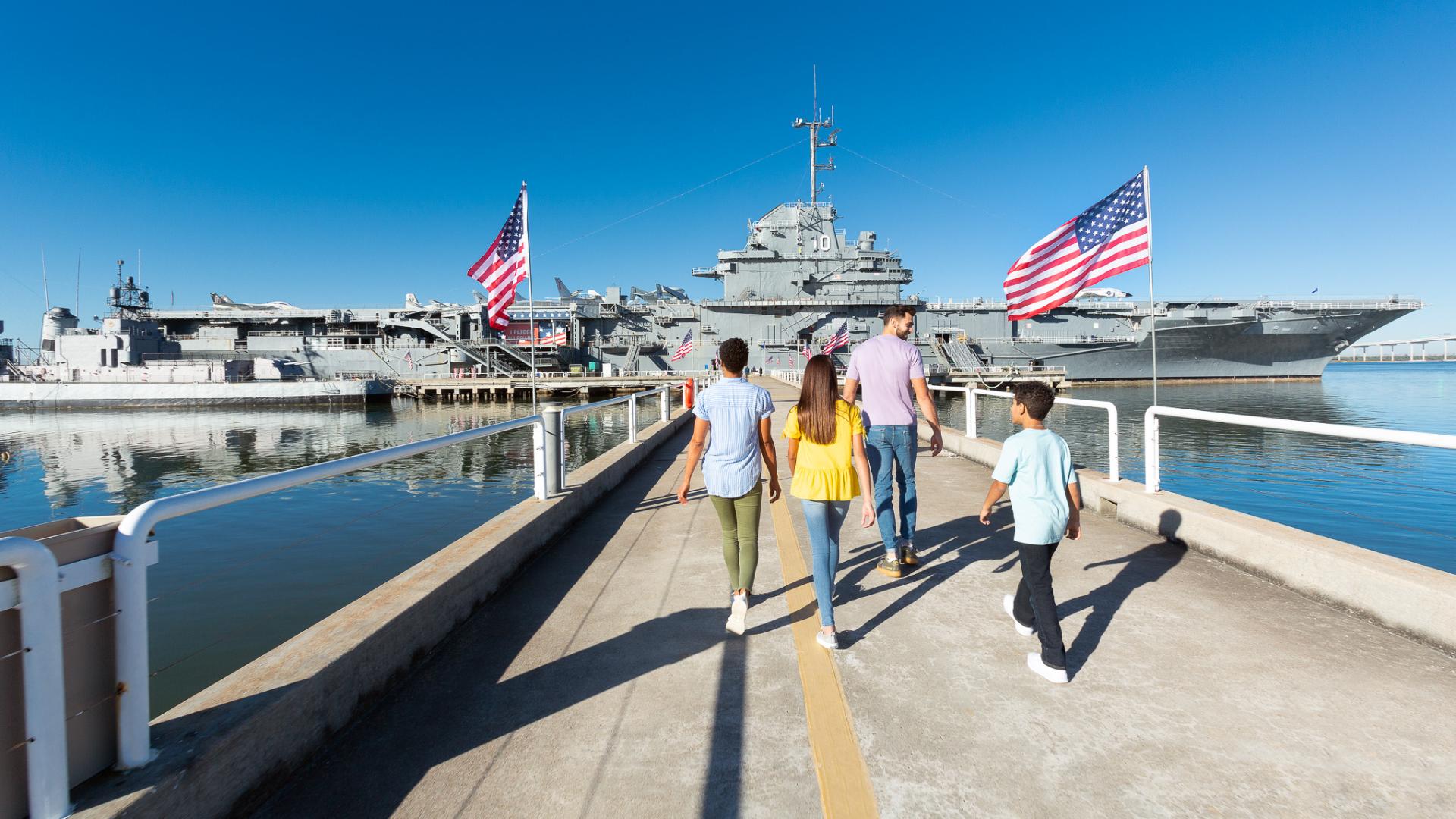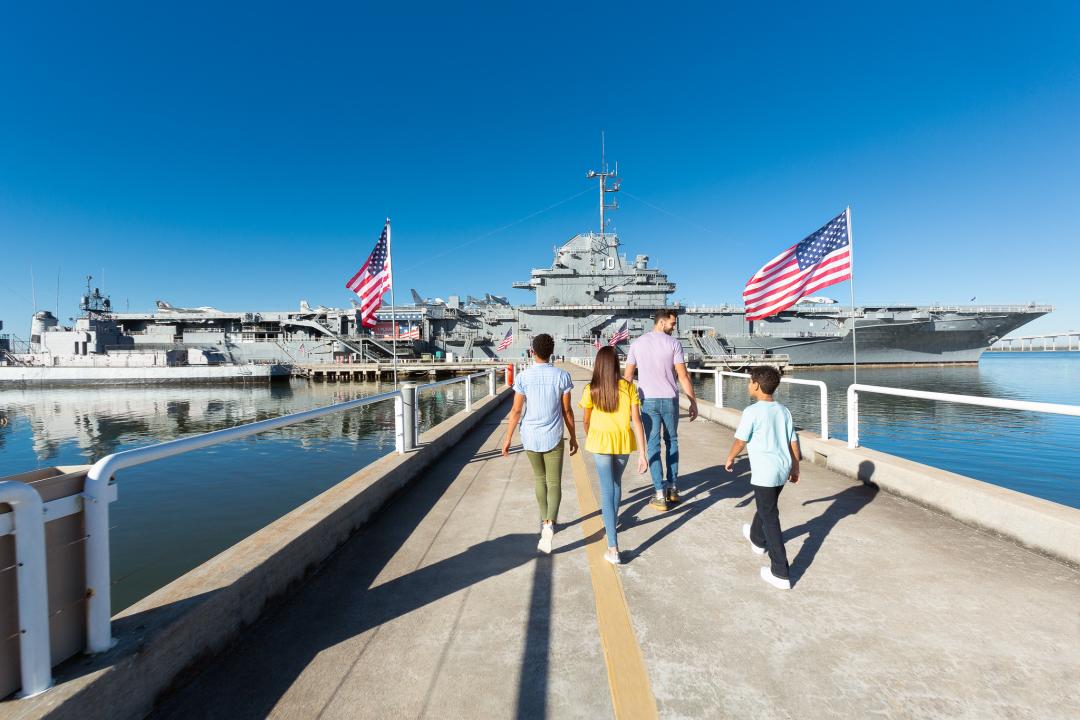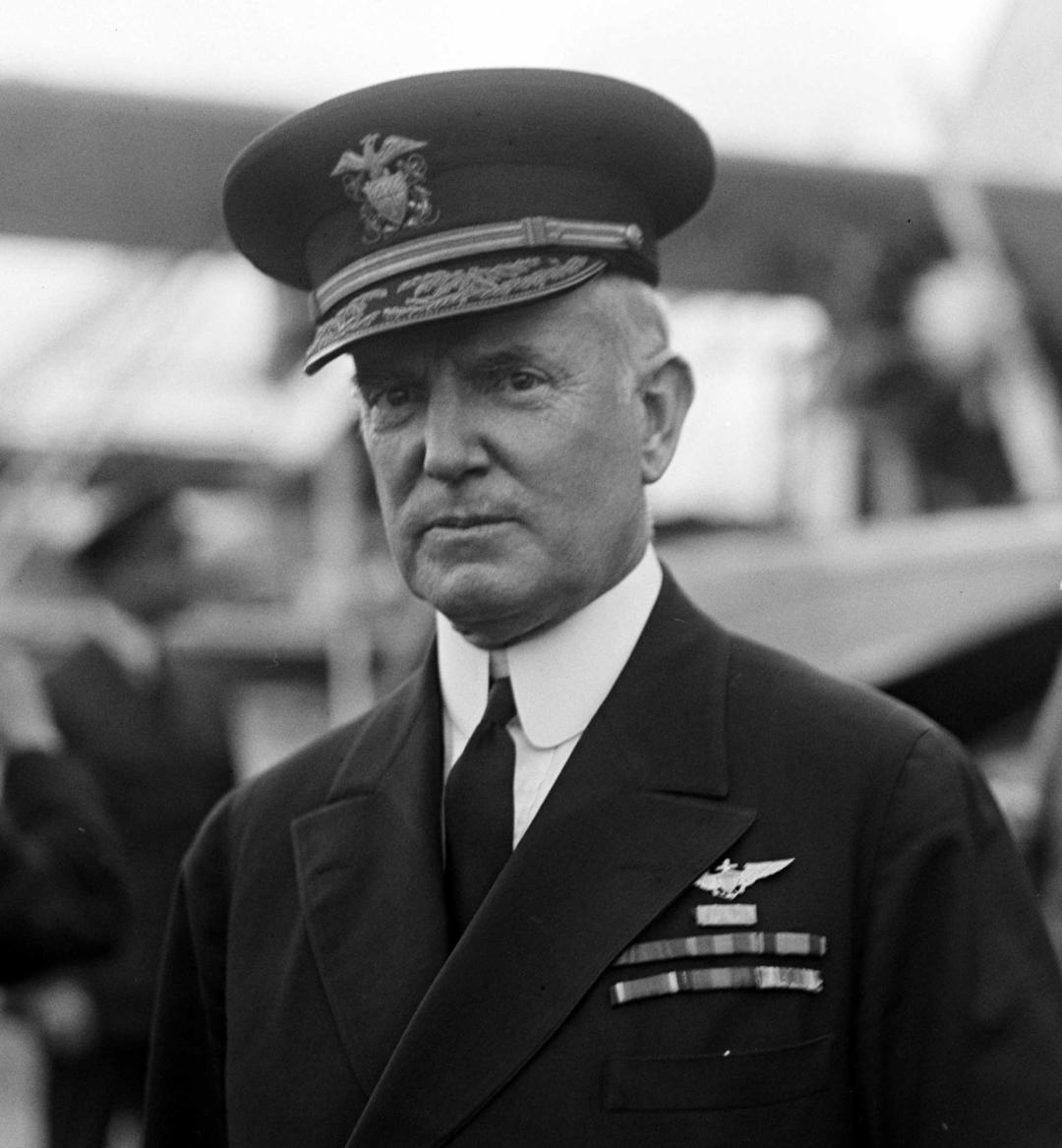
Yesterday marked the 89th anniversary of the formation of the Bureau of Naval Aeronautics on 10 August 1921. Charlestonian Captain William Adger Moffett was nominated by President Harding to become the first Chief of the Bureau of Naval Aeronautics, a position he would hold until his death in the crash of the airship Akron in 1933. He was promoted to Rear Admiral and took charge of Naval Aviation on 26 July 1921.
Born in Charleston, SC, on 31 October 1869, he was the son of George H. and Elizabeth Simonton Moffett. His father died in a fall from their second story piazza in 1875. While growing up in war devastated Charleston, Billy (childhood name) attended 2nd Presbyterian Church with his family and helped his mother as they struggled to survive the hard times of Reconstruction.
His uncle, George Simonton, encouraged him to apply to the Naval Academy and he entered Annapolis on 21 August 1886.
He would successfully rise to command and received the Medal of Honor for his actions as commanding officer of the cruiser USS Chester during the 1914 landing at Veracruz, Mexico.
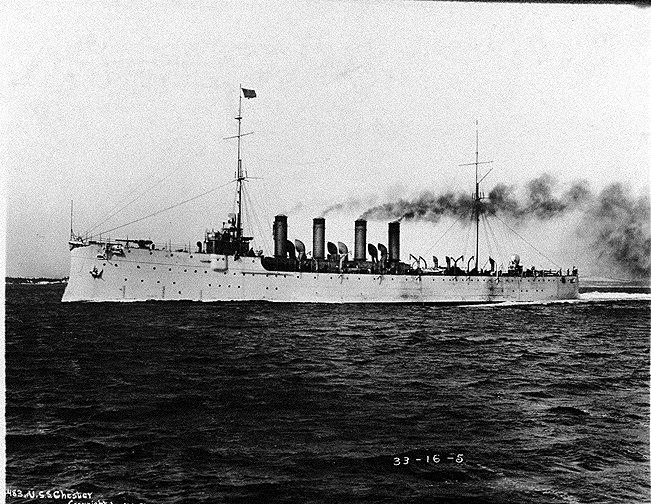
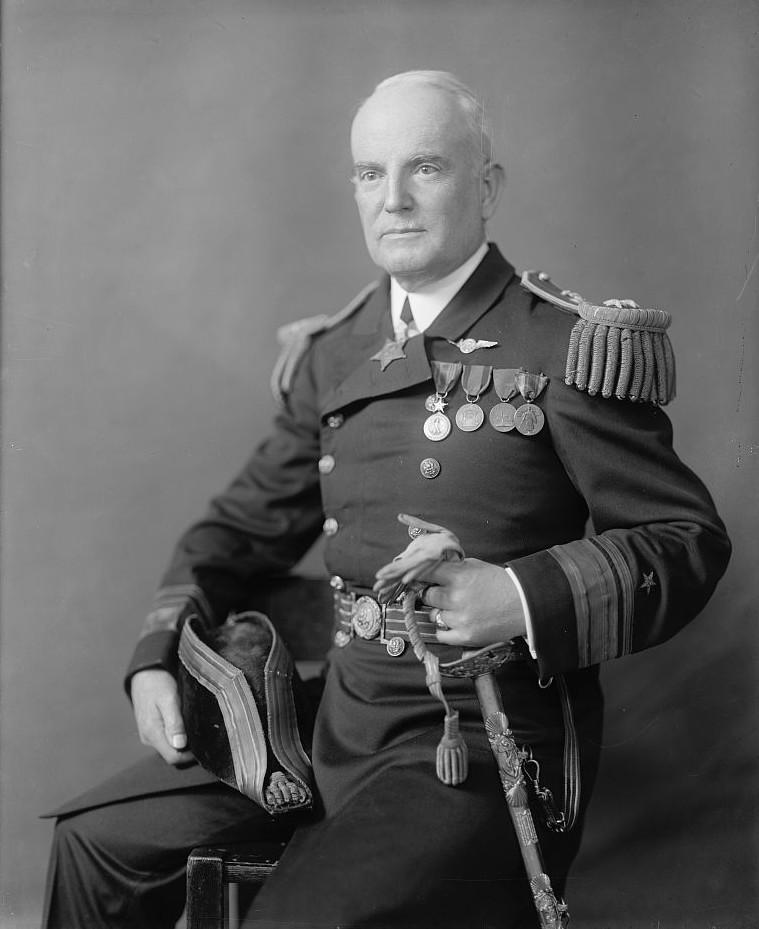
Rear Admiral Moffett is known as the "Father - or Architect- of Naval Aviation" because of his many accomplishments: he was instrumental in the building of our first aircraft carriers, responsible for the formation and training of naval air wings and naval aircraft development, and also laid the foundation of our carrier battle groups that fought in the opening battles of World War II.
He was killed in the crash of the airship Akron just after midnight on 04 April 1933, when she was caught in a severe downdraft and driven into the Atlantic Ocean off the New Jersey shore. Only three of the Akron's 76 crew members survived, two enlisted men and the executive officer, Lieutenant Commander Herbert V. Wiley, click on the video below to listen to his description of the crash.
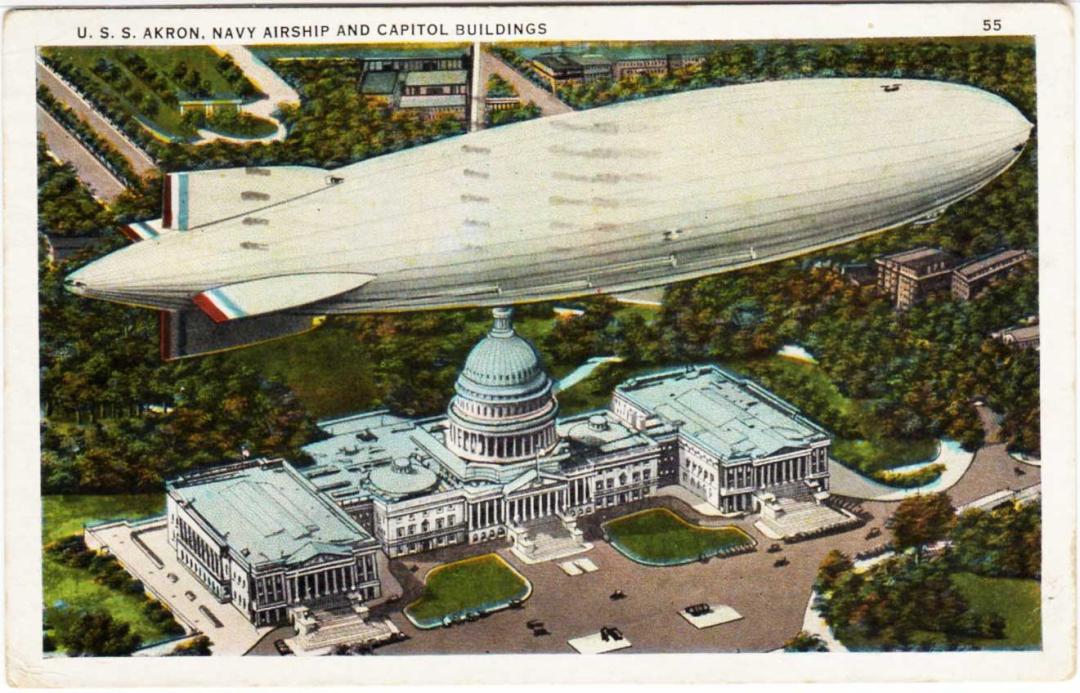
Today the USS Yorktown at Patriots Point rests just across Charleston Harbor from 2nd Presbyterian, where Billy attended church and Sunday school. Yorktown's first commanding officer, Jocko Clark, was one of Rear Admiral Moffett's personal pilots and flew him across the country inspecting squadrons and ships. It is Rear Admiral William Adger Moffett we owe for the building of a powerful naval air arm, that would bring victory in the Pacific in World War II and establishing a strong American presence on the high seas ensuring freedom of navigation and a deterrent for peace in a violent century.
